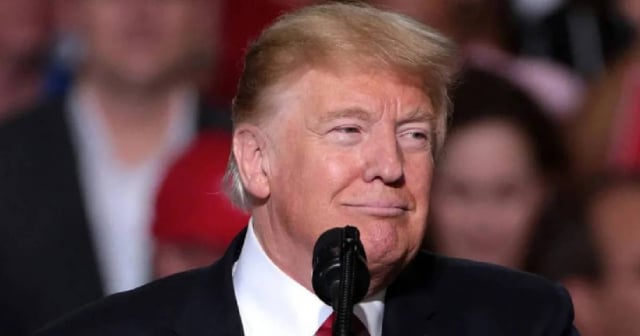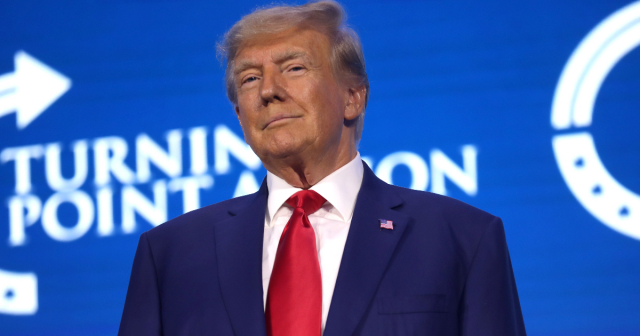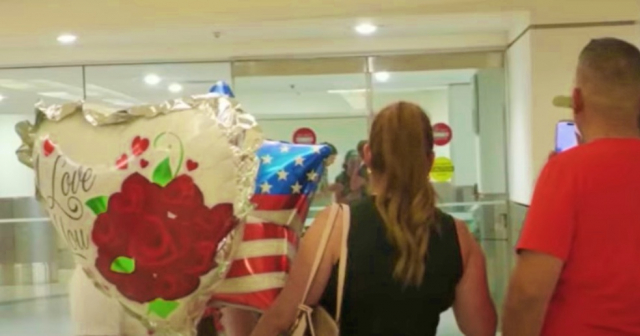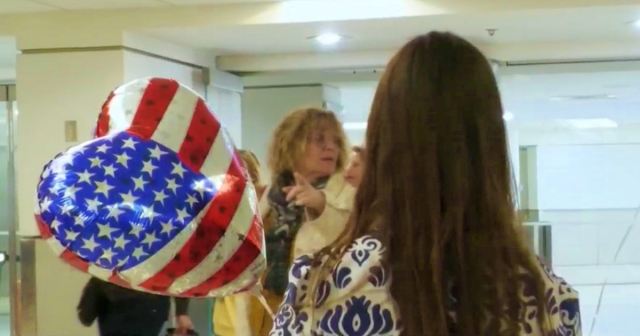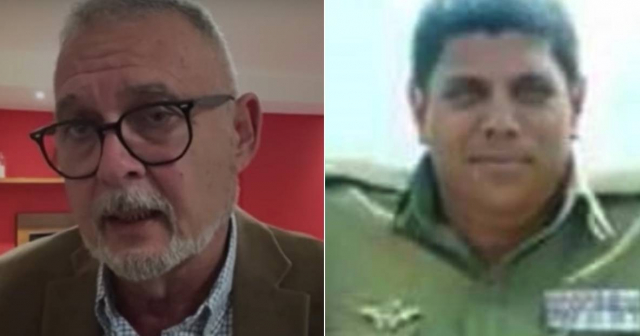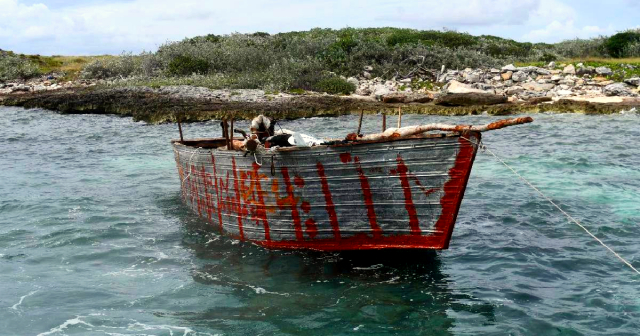The well-known Cuban immigration lawyer, Wilfredo Allen, downplayed the deportation threats made by Donald Trump towards beneficiaries of parole and CBP One, and told Cubans to "live their lives."
"From what is promised to what can be fulfilled... lies the Pacific Ocean," asserted the lawyer in statements to journalist Daniel Benítez for Univision.
Allen pointed out that the humanitarian parole has always had a two-year deadline, and noted that the two years will be up next month for Venezuelans and in January for Haitians, Cubans, and Nicaraguans.
He also recalled that the beneficiaries have always faced the pressure to legalize themselves within that period, or else they would be deported, something he specified should not worry Cubans, who have the safety net of the Cuban Adjustment Act that, after a year and a day, allows them to apply for residency.
Allen downplayed Trump's words at all times and stated that once you are in the process of legalizing and have a receipt from USCIS or a cutoff date in the case of CBP One, there are no issues.
He even pointed out that the Department of Homeland Security does not have enough agents to go after the hundreds of thousands of immigrants who have entered U.S. territory in recent years through the mentioned programs.
"Nothing to worry about," he insisted; and clarified that in the case of those who entered through the CBP One process, they cannot be deported because upon entry a cutoff date is granted, and they cannot be deported during that process.
"As long as they don't commit crimes, zero problems of being detained or deported, zero. They are not going to come looking for you. Live your lives," added Willy Allen.
"It will not stop them or deport them; it is a fear they should not have to endure," he concluded.
In his statements, Wilfredo Allen did not refer to the fact that the programs will likely be eliminated outright as soon as Trump takes office, regardless of whether the revocation of those who are already beneficiaries is feasible or not.
The political debate following Trump's statements
Former President Donald Trump has sparked an intense political debate after promising that, if reelected in November, he will eliminate the humanitarian parole program and the CBP One application, which allow the entry of Cuban, Haitian, Nicaraguan, and Venezuelan migrants into the United States.
This announcement comes in the context of growing concern over immigration and its impact on national security. However, another sector that has benefited from these programs might change its mind regarding its voting intention.
In a message directed at immigrants, Trump warned: "Prepare to leave, especially if you are criminals."
That statement, like his proposal to close the borders, has sparked varied reactions, both from immigration lawyers and political activists.
In recent days, Avelino González, an immigration lawyer, pointed out in statements to Telemundo 51 that although the elimination of these programs could be carried out by a new president, the effective deportation of migrants would require a court order.
What will families who have traditionally voted for Republicans do, but have benefited from programs like parole? Could they reevaluate their support for Trump in light of the former president's recent threats?
Avelino González reminded that the actions of a candidate do not always reflect what a president can or wants to do, which adds a level of uncertainty to the situation.
On the other hand, Luis Fernando Atencio, a democratic activist, questioned the seriousness of Trump's proposals, arguing that they lack a clear plan and are rather random attacks against immigrants.
In the case of Kamala Harris, the Democratic candidate has not clearly responded whether she intends to maintain the humanitarian parole programs and CBP One, although some take it for granted that she will, being from the same political party and also serving as vice president of the current administration.
Since its implementation in January 2023, the humanitarian parole has faced multiple challenges, including legal challenges questioning its validity and a pause due to cases of fraud.
Despite its controversial nature, it is estimated that between 70,000 and 80,000 immigrants enter the United States legally each month under this program.
The latest report from the Customs and Border Protection (CBP) indicated that by August, over 110,000 Cubans had entered the country under humanitarian parole; 210,000 Haitians; nearly 93,000 Nicaraguans, and nearly 117,000 Venezuelans.
What do you think?
SEE COMMENTS (2)Filed under:

